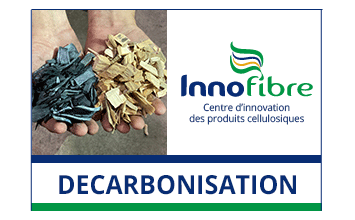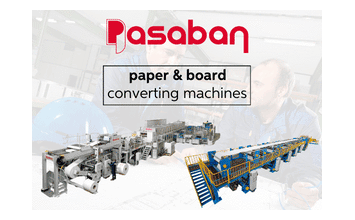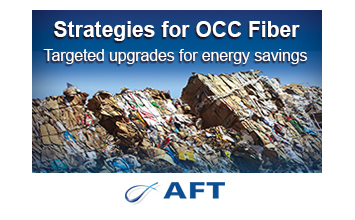Canada has a long tradition of building with wood. During recent years, the emergence of new engineered-wood products and changes to building codes have led to an innovative approach to constructing taller buildings that are both safe and cost-competitive, while also responding to increasing environmental concerns.
FPInnovations puts a great deal of effort into facilitating the use of wood as a renewable construction material in taller and larger buildings. This means an increase in worldwide market share for wood products.
The impact of the construction industry on climate change
In Canada, the construction industry represents 7% of the gross domestic product (GDP) and creates 1 job in 13 (ConstruForce Canada 2017). Beyond the economics, building operations (excluding electricity consumption) is also responsible for 13% of greenhouse gas emissions (GHG) in Canada, ranking third, after the oil industry and the transportation sector.
In Quebec, this industry represents 12% of GDP, which is $53 billion and 264,600 direct jobs, i.e. 1 in 20 (Commission de la Construction du Québec 2019). Building operations contribute 10% of the province’s GHG, excluding electricity consumption.
Through its GHG reduction policy, the Quebec government established a Climate Change Action Plan (Plan d’Action sur les Changements Climatiques, or PACC). All activity sectors are required to contribute to this action plan.
Consequently, various projects have been established as part of the effort to develop an understanding of low-carbon-footprint materials (Measure 19.4.3 – PACC 2013-2020). They include the “Comparative environmental Life Cycle Analysis (LCA) of solid-wood-frame and concrete high-rise buildings”; “Wood products: Successive recycling” and “Net-Zero in Quebec: Energy efficiency and material choice”. The LCA, whose principal results and recommendations are presented below, was produced according to ISO 14040/44 (2006) standards.
Through these studies, FPInnovations actively contributes to the environmental advantages of forest products (a renewable, biodegradable, recyclable resource with a low carbon footprint). Here are summaries of current projects and efforts:
- High-rise wood buildings: Part of the solution to fight climate change
- Wood products: Successive recycling
- Net Zero in Quebec: Energy efficiency and choice of materials
For more information about these projects, please contact Vincent Blanchard, environmental and sustainable development manager, at
Source: FPInnovations













